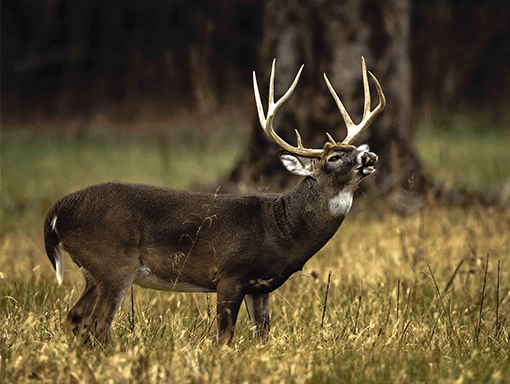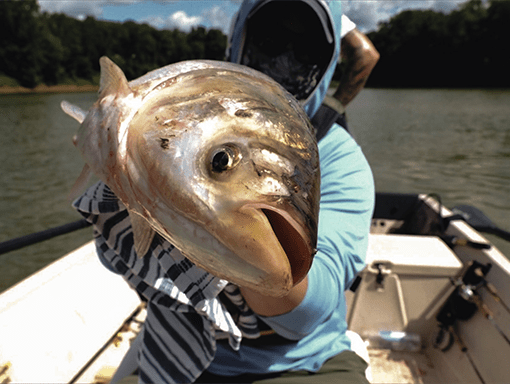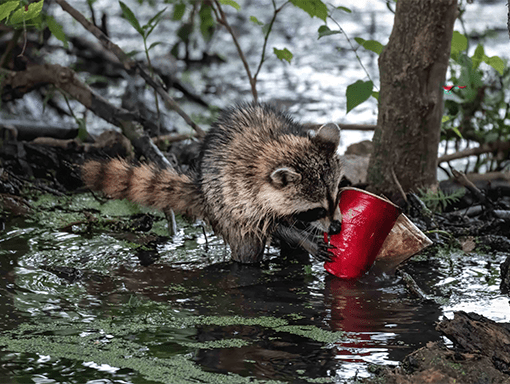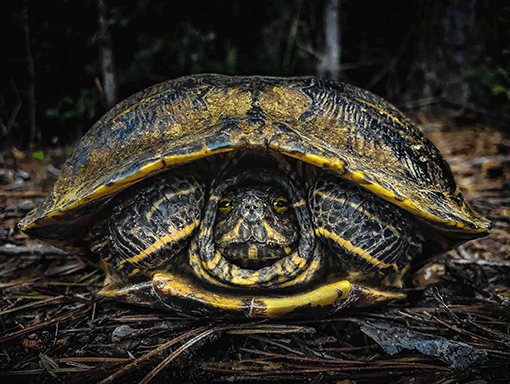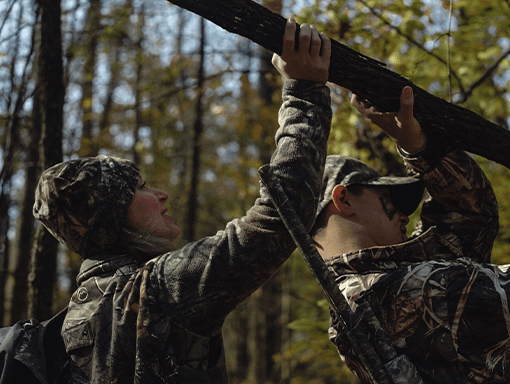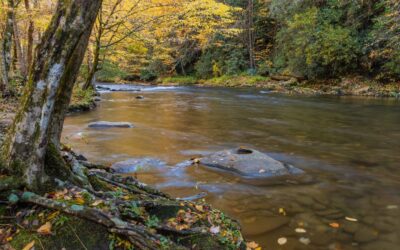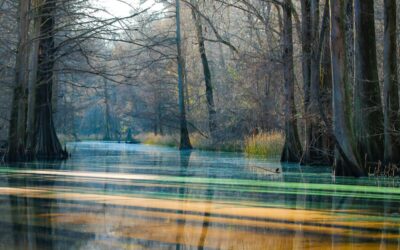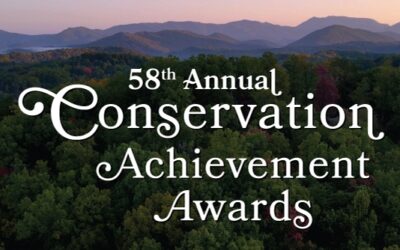Conserving Fish & Wildlife
Chronic Wasting Disease in Tennessee
Chronic Wasting Disease (CWD) is a major threat to Tennessee’s deer and elk populations, as well as the conservation funding they generate. Tennessee hunters are at the forefront of managing the spread of CWD and protecting these beloved resources.
Invasive Carp Threaten Native Fish
Invasive carp have taken over the Mississippi River system—and have moved aggressively into the Tennessee and Cumberland River systems. These non-native fish are a serious threat to the aquatic species, recreation, and economy in Tennessee, and surrounding states.
Speak out
Help lead Tennessee's wildlife and habitat conservation movement by making your voice heard.
Give
Your generosity helps manage wildlife populations and restore habitats for a more vibrant Tennessee.
Sign up for action alerts
More Fish & Wildlife Concerns
Unsafe Roadways for Wildlife
Roads connect us, but they are often impossible and deadly barriers to wildlife. Creating tunnels, bridges, and other wildlife-friendly infrastructure to increase habitat connectivity and reduce wildlife-vehicle collisions is essential to improve the safety of wildlife and people traveling through these areas.
Growing Need for Long-Term Funding
The hard-earned conservation successes from the past century are at risk. In the early 1900s, conservationists ignited a movement to find management and funding solutions for our land, wildlife, forests, and water. The problems of today are more complex but share the same foundations. This means it is time to come together again to address the growing need for long-term conservation funding.
Learn more
Advocating for Sound Policy at the 2023 General Assembly
Every year, Tennessee Wildlife Federation tracks the legislation at state and federal levels to advocate for bills that will advance conservation and against those that will negatively impact wildlife, lands, outdoor recreation, and more.
Looking Back: History of Conservation in Tennessee
From songbirds in the trees to blooming native wildflowers to flowing rivers teeming with wildlife, Tennessee is incredibly diverse—but it wasn’t always that way.
2023 Conservation Achievement Award Winners
This year, the Federation celebrated 17 individuals and companies from across the state who are conserving our wildlife and wild places.

